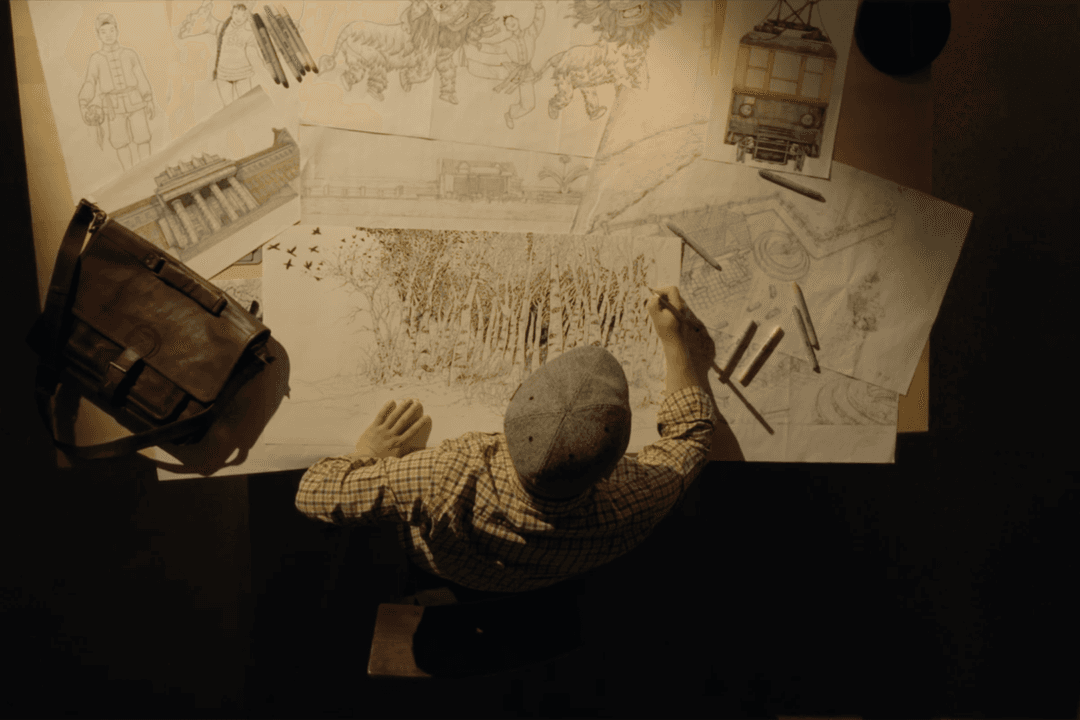Keeping the state and territory borders closed for fear of spreading the CCP virus is costing the Australian economy $84 (US$57.7) million and hundreds of jobs daily, a study has revealed.
Statistics from the Australian Tourism Industry Council (ATIC) analysing the economic impact of interstate border closures show that over 700 jobs a day are lost (pdf).





